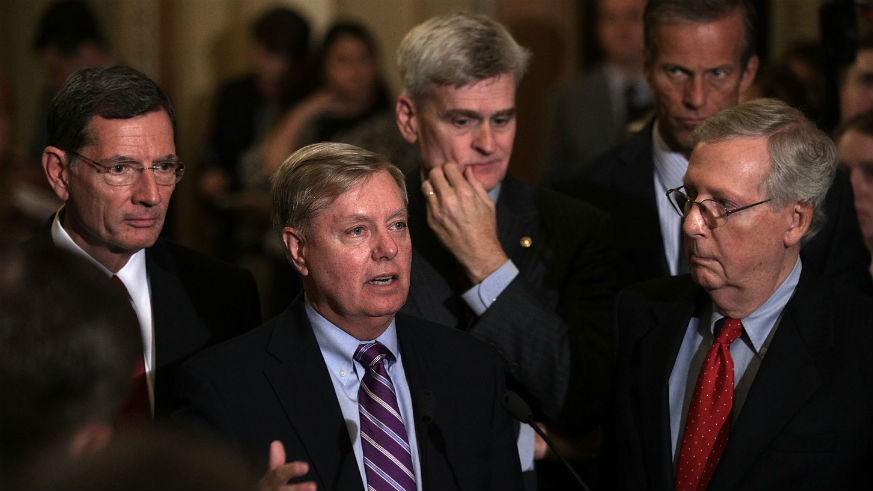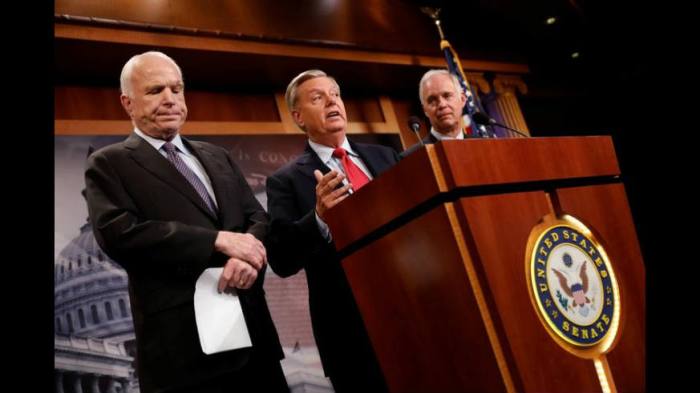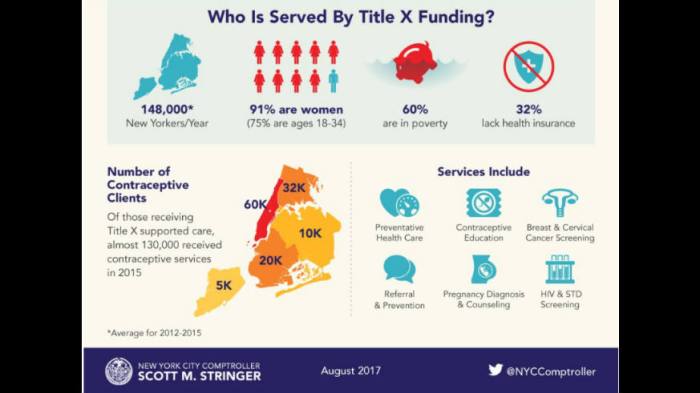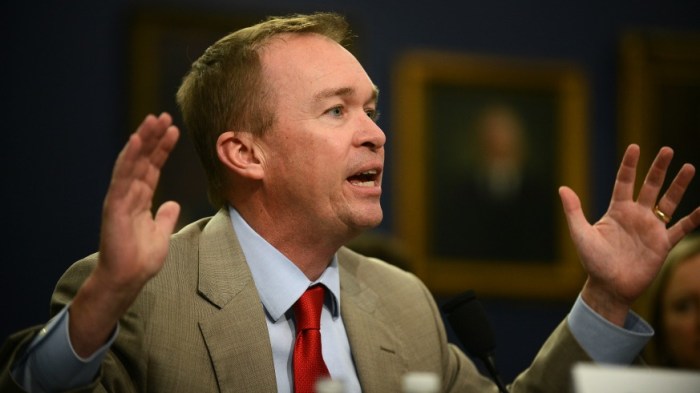Republicans in the Senate are making one last push to repeal the Affordable Care Act. They’re under pressure because the Senate parliamentarian has ruled that Sept. 30 is the last day they can do so under a process called reconciliation, which is tied to next year’s budget and requires only 50 votes for passage; starting Oct. 1, 60 votes and Democratic cooperation will be required. They are considering a repeal bill called Graham-Cassidy.
Why is it named Graham Cassidy?
For the bill’s authors, Sens. Lindsey Graham (R-SC) and Bill Cassidy (R-LA).
What does it do?
It would convert federal health insurance funding into block grants for individual states. Each state can then set up whatever health-insurance program they want. At the same time, it would cut tens of billions of dollars in funding to Medicaid. It would undo Obamacare’s key protections: Insurers would no longer be required to sell insurance to those with pre-existing conditions, lifetime coverage limits will be allowed, and companies could offer insurance that doesn’t cover things like maternity care or mental health.
Why are people for it?
“Here’s the choice for America: socialism or federalism,” said Graham, warning his bill is “the only process available to stop a march toward socialism” and that it gives states more flexibility.
Some see pure politics: President Trump remains fixated on repealing Obamacare and has taken his party to task for not doing so. Republicans have promised their constituents they would repeal it. “If we do nothing, it has a tremendous impact on the 2018 elections,” Sen. Pat Roberts (R-KS), told Vox. “And whether or not Republicans still maintain control and we have the gavel.”
Why are people against it?
It undoes Obamacare’s key protections mentioned above, winds down the Medicaid expansion and defunds Planned Parenthood.
A complete Congressional Budget Office score will be not be available by Sept. 30, so it’s unclear how much the program would cost, how high premiums would be, or how many people would lose insurance. Tens of millions of people would have lost insurance under previous Republican proposals, and some analysts consider this bill more severe.
Several major groups have come out against the bill, including the American Medical Association and AARP. Last night, Jimmy Kimmel — whose son was born with a heart defect, leading him to make an emotional monologue about the right to health care before the last repeal attempt failed — called Cassidy a “liar” and told him to stop saying that Graham-Cassidy passes the “Jimmy Kimmel test.”
A bipartisan group of 10 governors signed on to a letter urging the Senate not to consider Graham-Cassidy and resume work on a bipartisan solution.
Will it pass?
This is unclear. Senate Majority Leader Mitch McConnell is unlikely to bring it to the Senate floor unless he has 50 votes in favor. Sen. Rand Paul (R-KY) has dismissed it as “Obamacare lite” and Sen. Susan Collins (R-ME), who is opposed to Medicaid cuts, is also a hard “no.”
Republicans can only afford one more “no” vote. Sens. Lisa Murkowski (R-AK) and John McCain (R-AZ) — who, along with Sens. Paul and Collins, dramatically sank the last Republican effort — are not committed either way.
If the bill does pass the Senate, House Speaker Paul Ryan (R-WI) has said the House will pass it as well.
What then?
If the House passes the bill, it will become the law of the land. If it fails, look for bipartisan efforts to resume. In their committee, Sens. Lamar Alexander (R-TN) and Patty Murray (D-WA) have been working on a bipartisan plan to shore up the Obamacare markets.



















